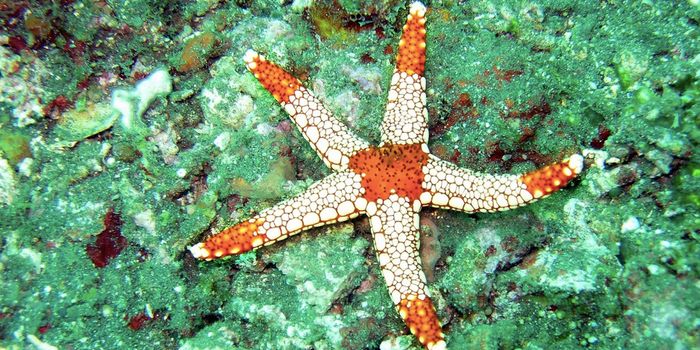Revealing the Links Between Chronic Fatigue Syndrome & Gut Microbes
For many years, there was debate about whether chronic fatigue syndrome was a 'real' disorder. It took time, but patients were eventually validated, and myalgic encephalomyelitis/chronic fatigue syndrome (ME/CFS) was shown to be a disease that can cause various symptoms including fatigue, pain, cognitive difficulties, sleep problems, gastrointestinal issues, and post-exertional malaise. The causes of ME/CFS are still unclear and there is no way to treat it. But the gut microbiome has been shown to play a crucial role in many aspects of human health and disease, and now scientists have shown that the gut microbiomes of patients with myalgic encephalomyelitis/chronic fatigue syndrome (ME/CFS) differ from those of healthy individuals. Two studies reported in Cell Host & Microbe have outlined these differences, showing that they might be used to diagnose ME/CFS. The gut microbiome may also present a treatment opportunity.
In one of the studies, researchers assessed the gut bacteria of 106 people with ME/CFS and 91 healthy controls by analyzing stool samples. This research showed that the diversity of species, quantity of microbes, metabolic interactions, and relationships among the gut microbes were different from controls.
ME/CFS patients had unusually low levels of several types of bacteria, including Eubacterium rectale and Faecalibacterium prausnitzii, which generate the short-chain fatty acid butyrate. Previous research has shown that butyrate, a microbial metabolic byproduct, plays a crucial role in gut health maintenance. Butyrate provides a source of energy for cells lining the gut, aids in protecting the cells from disease, and supports the immune system in the gut.
Additional work showed that the reduction of certain bacteria levels was linked to decreases in butyrate production. With fewer butyrate-producing bacteria present, there were other species to fill the void. ME/CFS patients had higher levels of nine microbes, including two that have been linked to autoimmune disorders and inflammatory bowel disease - Enterocloster bolteae and Ruminococcus gnavus.
Symptoms of fatigue were found to increase as levels of F. prausnitzii decreased in ME/CFS patients, which suggests that disease severity may depend on gut microbe levels. People with ME/CFS also had low levels of a microbe that generates acetate.
Biochemical processes in the gut, which are influenced by relationships among gut microbes, were also notably different from controls; the bacterial network seems to be totally altered in ME/CFS patients.
The second report analyzed differences in the microbiomes of ME/CFS patients in different stages of disease. Health data, blood, and stool samples were analyzed from 149 ME/CFS patients; 74 of them had been diagnosed within the previous four years and were classified as short-term, while 75 had been diagnosed over a decade prior and were long-term. There were 74 healthy controls included in this work.
Those who were short-term had less diversity in their microbiomes and significantly lower levels of species that generate butyrate. Long-term patients had more stable microbiomes that were more similar to healthy controls, even while these individuals had more severe symptoms and worse metabolic disturbances. In all ME/CFS patients, tryptophan metabolism was decreased.
This work has shown that there could be biomarkers for ME/CFS in the microbiome, which could also help classify the disease and may lead to treatments, though a lot more research will be needed before those tests and treatments are realized.
Sources: National Institutes of Health, Cheng Guo et al Cell Host & Microbe 2023, Ruoyun Xiong et al Cell Host & Microbe 2023









